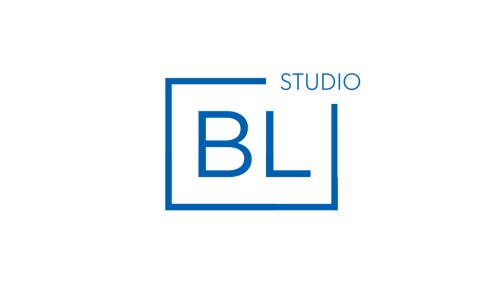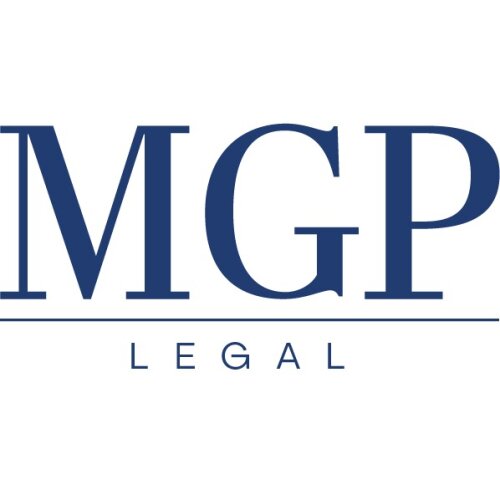Best Private Equity Lawyers in Florence
Share your needs with us, get contacted by law firms.
Free. Takes 2 min.
List of the best lawyers in Florence, Italy
About Private Equity Law in Florence, Italy
Private equity plays a significant role in Florence’s economic landscape, supporting the growth of small and medium enterprises and driving innovation in various industries. Private equity law encompasses all legal aspects related to investing capital into private companies, often through buyouts or capital injections, with the goal of enhancing their value before eventually selling the investment at a profit. In Florence, as in the broader Italian context, private equity deals require careful legal structuring due to intricate regulations, taxation rules, and compliance requirements. Whether you are an investor, business owner, or manager, understanding the fundamentals of private equity law in Florence can help ensure your investments are secure and legally compliant.
Why You May Need a Lawyer
Engaging in private equity transactions is complex, and several scenarios may necessitate the involvement of an experienced lawyer:
- Structuring and negotiating investment deals to protect your interests - Conducting due diligence on companies prior to investment - Drafting and reviewing investment agreements and related corporate documents - Navigating Italian regulatory and tax considerations - Managing potential disputes between partners or with business targets - Compliance with anti-money laundering and anti-bribery regulations - Handling cross-border investment issues - Advising on exit strategies, such as mergers, acquisitions or IPOs Seeking professional legal advice can minimize risks, protect against unforeseen liabilities, and streamline the transaction process.
Local Laws Overview
Private equity activity in Florence operates within the broader framework of Italian law, which is shaped by several important legal domains:
- Corporate Law: Italian civil code governs the formation, governance, and restructuring of companies. Most private equity investments target S.r.l. (limited liability companies) or S.p.A. (joint stock companies), each with its own legal nuances. - Securities Regulation: Oversight is provided by the Commissione Nazionale per le Società e la Borsa (CONSOB), particularly if the investment involves listed companies or public offerings. - Tax Law: Italy has specific tax regulations affecting private equity, such as rules on capital gains, withholding tax, and preferential regimes for certain investment funds. - Foreign Investment Controls: There are special procedures and restrictions for non-EU investors acquiring stakes in sectors deemed strategic. - Employment Law: Changes to the workforce resulting from a buyout or merger must comply with Italy’s detailed labor regulations. Understanding how these laws apply in Florence is essential to ensure valid and enforceable agreements, as well as compliance with all relevant legal obligations.
Frequently Asked Questions
What is private equity and how does it differ from venture capital in Florence?
Private equity involves investing in established private companies to improve their performance and sell them for a profit. Venture capital, by contrast, focuses on startups and early stage businesses. In Florence, both are regulated under Italian investment law, but private equity tends to involve larger sums and more mature companies.
Are there restrictions on foreign investors in Florence’s private equity market?
Yes, foreign investors may face restrictions, especially when acquiring stakes in sectors like defense, energy, or telecommunications. Approval from relevant authorities may be required depending on the deal structure and industry.
How is due diligence handled in Italian private equity transactions?
Due diligence in Florence involves a comprehensive review of the target company’s financial, legal, tax, and operational aspects to identify risks or liabilities. Lawyers play a critical role in coordinating and interpreting findings.
What are common structures for private equity deals in Florence?
Most investments are structured through S.r.l. or S.p.A. entities, depending on the size and complexity of the transaction. The precise structure depends on the investor’s needs, the business goals, and relevant tax considerations.
What taxes apply to private equity transactions in Florence, Italy?
Capital gains, withholding taxes, and VAT may apply to private equity transactions. Italian law also offers some tax benefits for certain funds and investments, making tax planning essential.
What legal documents are needed for a private equity investment?
Key documents include the investment agreement, shareholders' agreements, articles of association, and various ancillary documents addressing management, warranties, and exit provisions.
How do exit strategies work in Italian private equity?
Exits may occur via trade sales, secondary buyouts, IPOs, or recapitalizations. Each exit route has specific legal, tax, and regulatory implications that should be considered early in the investment process.
What compliance issues should private equity investors be aware of?
Compliance with anti-money laundering, anti-corruption, and data privacy laws is crucial. Italian law imposes strict requirements on financial transparency and reporting.
What are the typical timeframes for completing a private equity deal in Florence?
Depending on complexity, legal and regulatory approvals, and due diligence findings, transactions can take several months from start to finish.
How can disputes arising from private equity deals be resolved?
Disputes are often resolved through negotiation, mediation, or arbitration. Litigation before Italian courts is also possible but may be time-consuming. Well-drafted contracts typically specify preferred dispute resolution mechanisms.
Additional Resources
Several organizations and governmental bodies provide guidance and oversight related to private equity in Florence and Italy:
- Commissione Nazionale per le Società e la Borsa (CONSOB): Regulates financial markets and public companies. - Italian Association of Private Equity, Venture Capital and Private Debt (AIFI): Industry body offering guidance for investors and firms. - Florence Chamber of Commerce: Provides business services, official company information, and support. - Revenue Agency (Agenzia delle Entrate): For information on applicable taxes and fiscal requirements. - Local law firms specialized in private equity: Essential for tailored legal advice and transaction support. These resources can help you understand the requirements and opportunities in the local private equity market.
Next Steps
If you are considering a private equity investment in Florence or need assistance with a transaction, the following steps are advised:
- Research and identify reputable law firms with experience in private equity in Florence - Schedule an initial consultation to discuss your goals and legal needs - Gather all relevant information and documents relating to your intended investment - Work with your lawyer to conduct due diligence and outline deal structures - Ensure compliance with all local laws and regulations, including tax and disclosure obligations - Maintain open communication and clear documentation at every stage Having expert legal advice from the outset will help you navigate the complexities of the private equity environment in Florence and safeguard your interests throughout the process.
Lawzana helps you find the best lawyers and law firms in Florence through a curated and pre-screened list of qualified legal professionals. Our platform offers rankings and detailed profiles of attorneys and law firms, allowing you to compare based on practice areas, including Private Equity, experience, and client feedback.
Each profile includes a description of the firm's areas of practice, client reviews, team members and partners, year of establishment, spoken languages, office locations, contact information, social media presence, and any published articles or resources. Most firms on our platform speak English and are experienced in both local and international legal matters.
Get a quote from top-rated law firms in Florence, Italy — quickly, securely, and without unnecessary hassle.
Disclaimer:
The information provided on this page is for general informational purposes only and does not constitute legal advice. While we strive to ensure the accuracy and relevance of the content, legal information may change over time, and interpretations of the law can vary. You should always consult with a qualified legal professional for advice specific to your situation.
We disclaim all liability for actions taken or not taken based on the content of this page. If you believe any information is incorrect or outdated, please contact us, and we will review and update it where appropriate.












